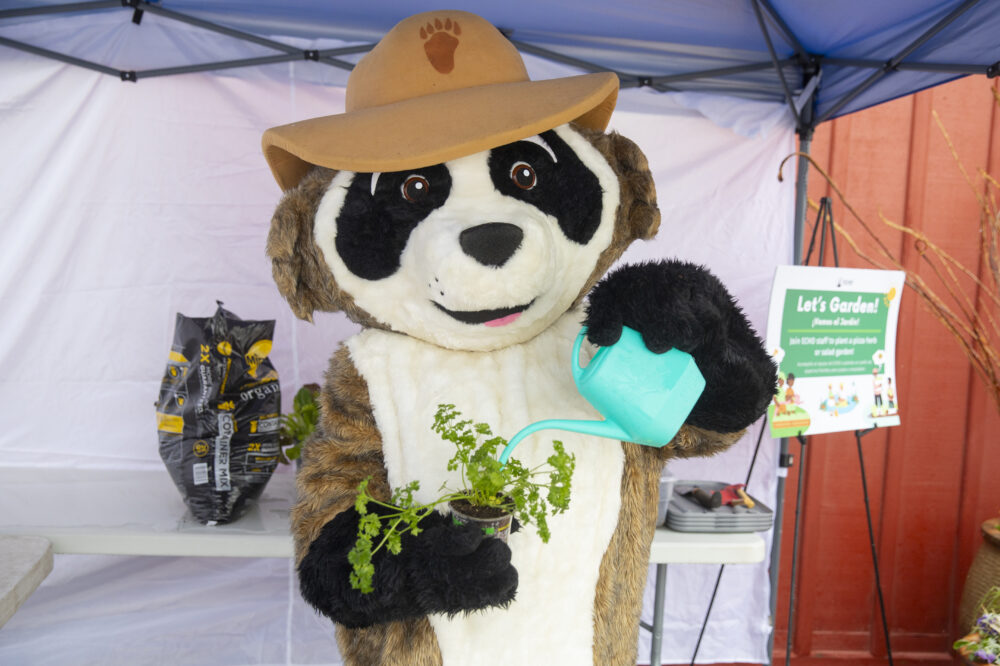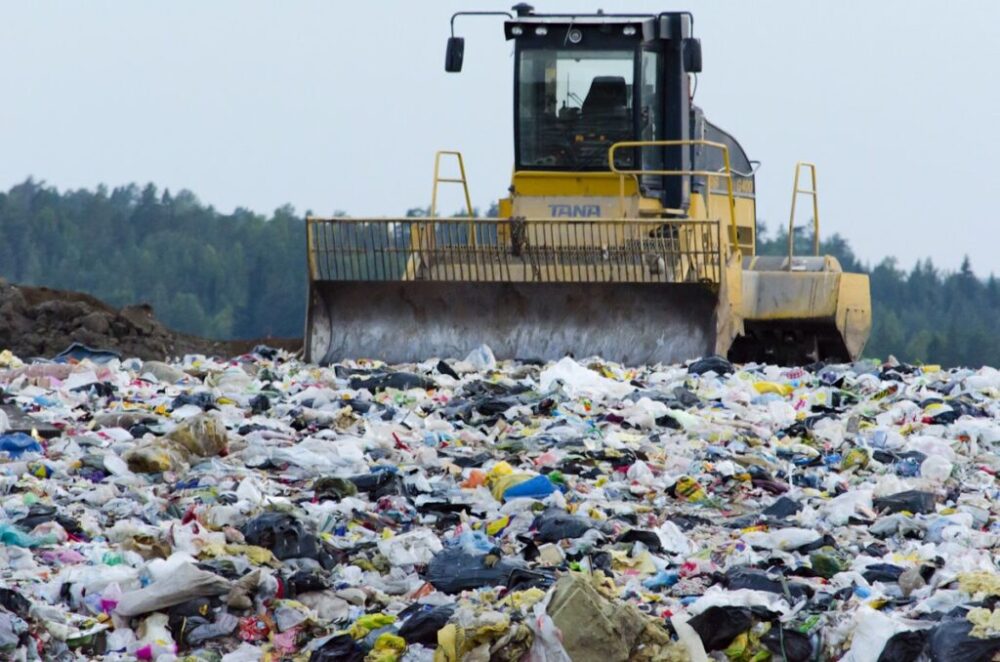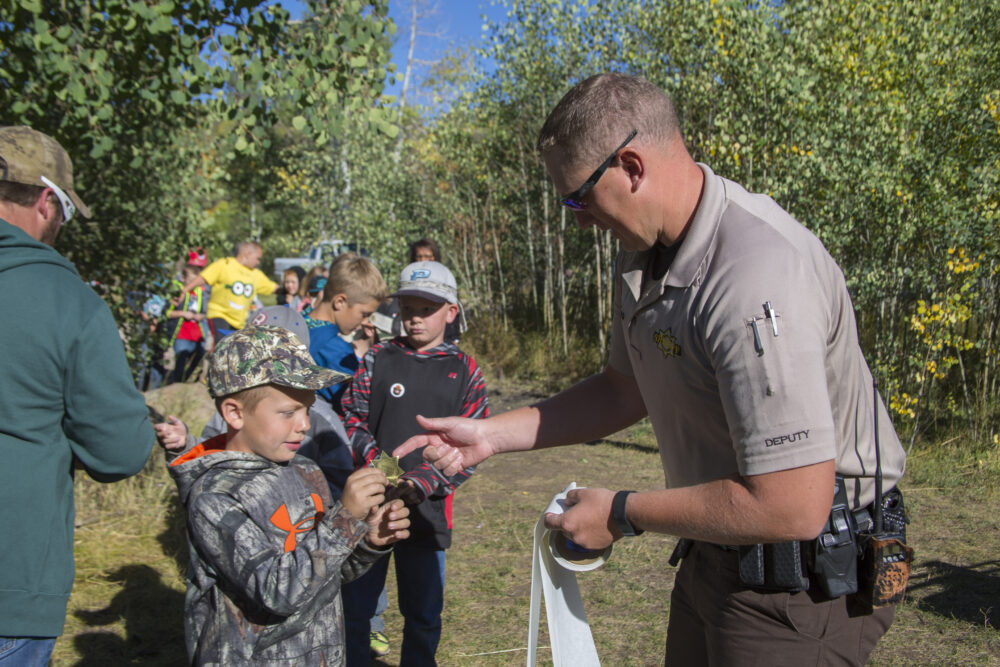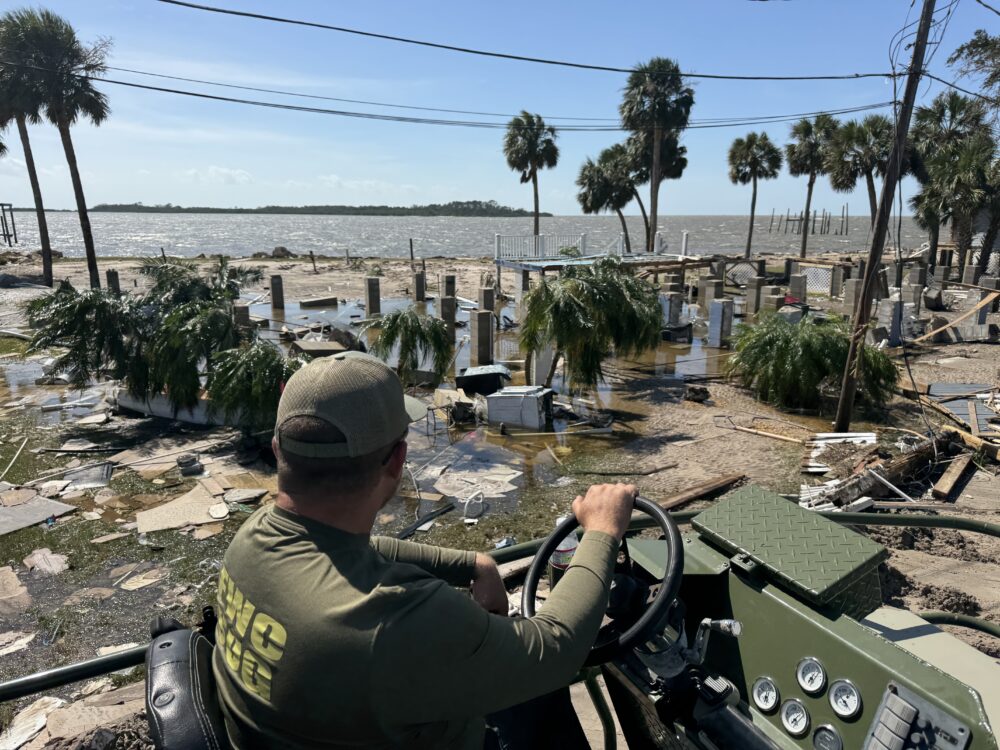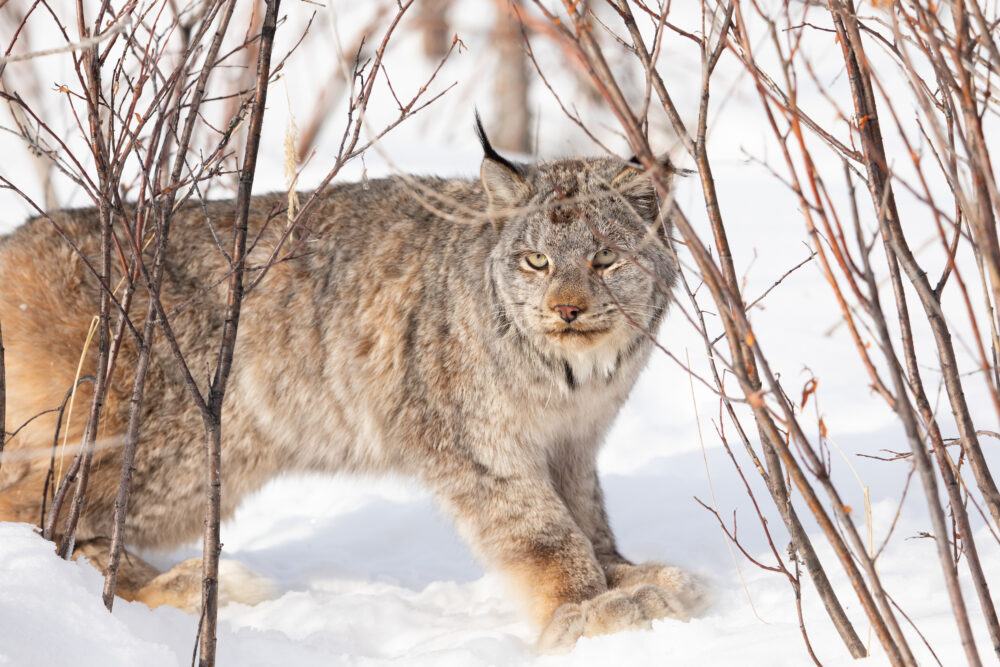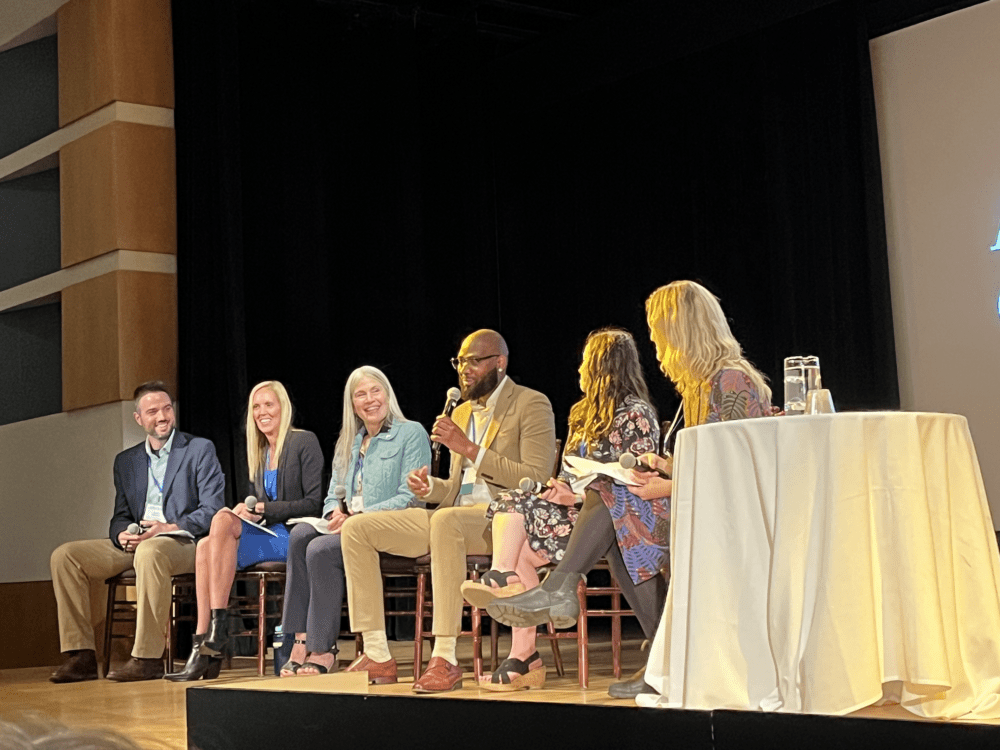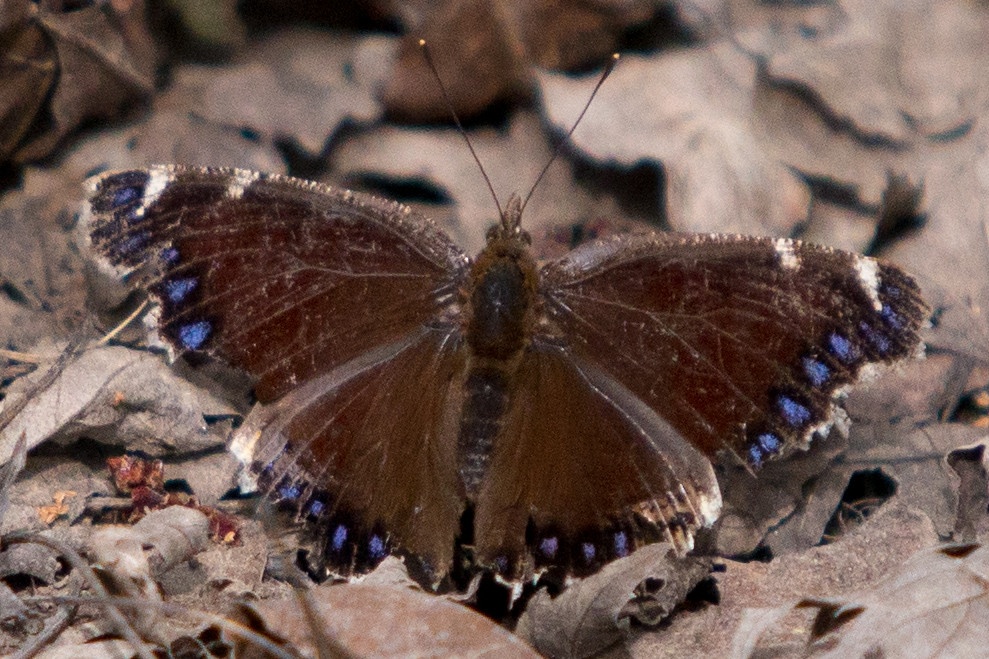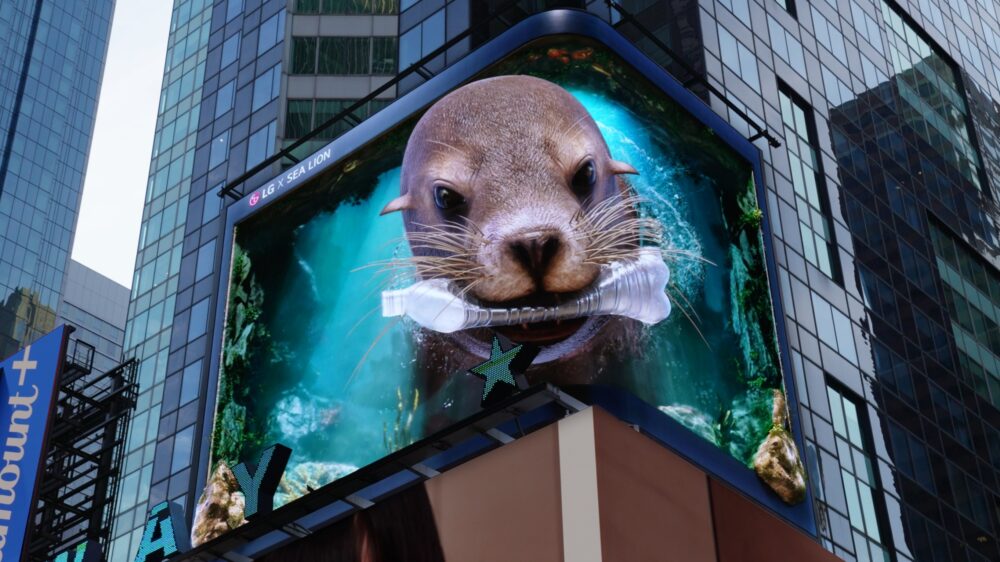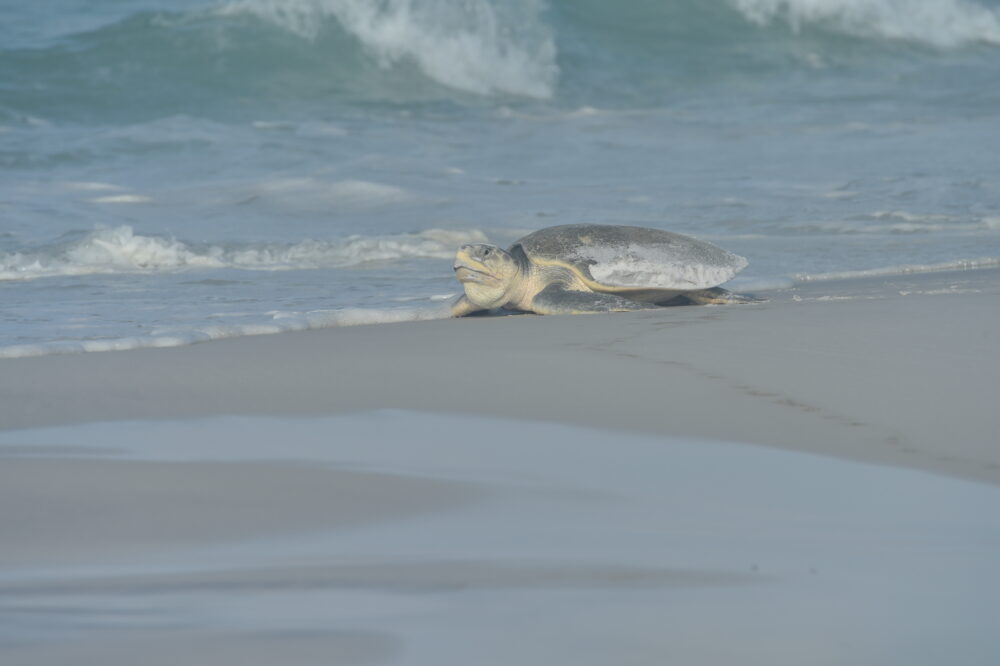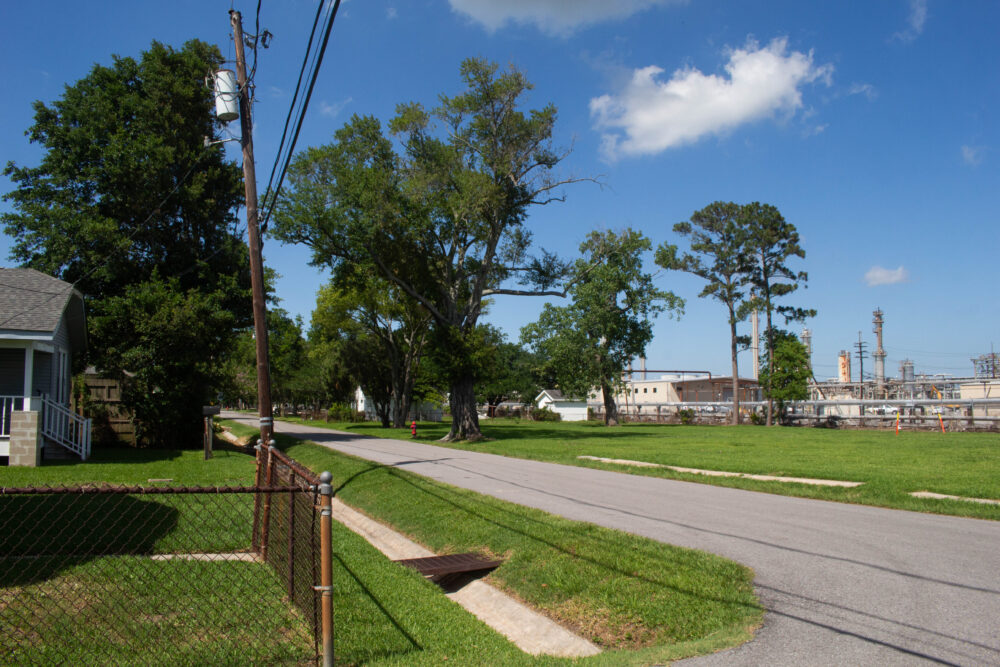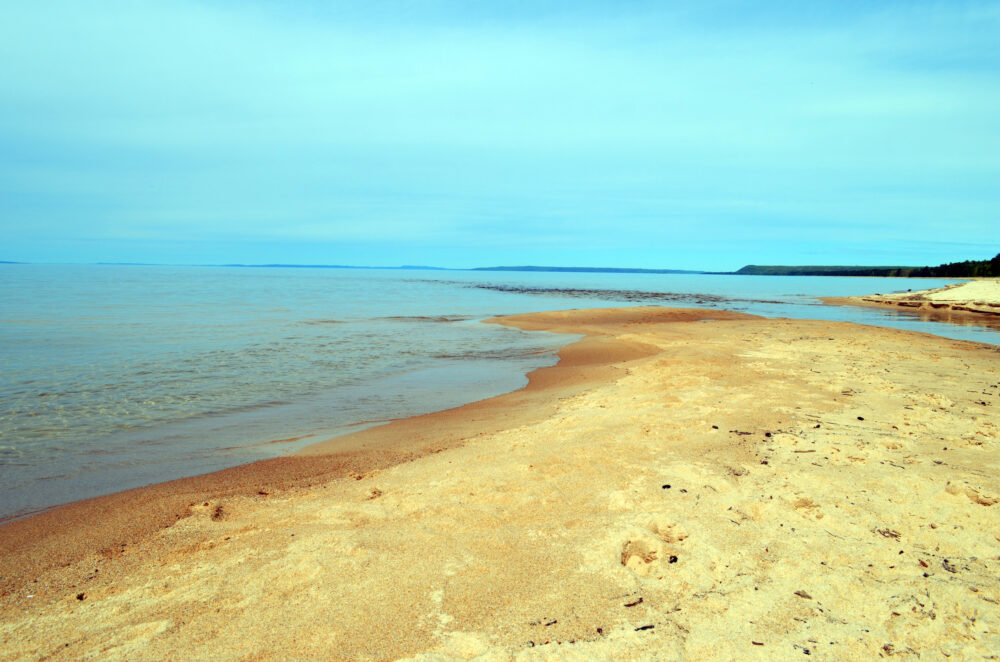We have much more to do and your continued support is needed now more than ever.
On Teddy Roosevelt’s Birthday, Taking To The Bully Pulpit For Wildlife (Part I)

Today we celebrate what would be the 152nd birthday of a man so mighty he made a pince-nez and a vest look tough.
Rough Rider, Trustbuster, Bull Moose Environmentalist: Teddy Roosevelt.
October 27th is also the 130th anniversary of Teddy’s marriage to Alice Hathaway Lee of Chestnut Hill, MA. Just a BIT more than 109 years ago today, TR was sworn in as the 26th President of the United States–and if you pull up Microsoft Calculator for a moment, you’ll find that he was 42 years old, making him the youngest (and probably most energetic) chief executive ever. So now is as good a time as any to remember the man Mark Twain called “the Tom Sawyer of the political world of the twentieth century.”
Of course, it ain’t just the date: we could dearly use more elected officials with TR’s leadership and vision, any month, any year. Let’s talk about what made him awesome, and why we should each figuratively* pull on our mustaches and U.S. Cavalry leggings every morning before we fight the good fight.
Born with a massive silver spoon in his mouth, Teddy spent much of his early life taking great pains to dislodge it and become his own man. He did that the same way he did everything else; jaw in advance**, fists at the ready, ever the stunted pugilist with a surfeit of guts.
It is chiefly for his outsize image as a by-his-bootstraps*** fighter and a lover of the “strenuous endeavor” that Teddy is adored and admired by people all over the political spectrum. He did do some things that make less sense now than they did back in the day, and he said some things that make me cringe, though they fit in the aughts. Since hagiographies of the man are abundant, it is important to remember this. Still, on stewardship of America’s natural resources, he was an amazingly progressive president—bolder, frankly, than many modern day members of Congress.
What did Teddy think of the natural world? Let’s quote liberally from Gramercy Park’s favorite son:
“Optimism is a good characteristic, but if carried to an excess, it becomes foolishness. We are prone to speak of the resources of this country as inexhaustible; this is not so.”
-Seventh Annual Message to Congress, December 3, 1907
Counterpoint: <George Will> Pfft, have you heard how much sweet, sweet oil there still is in the Arctic? Environmentalists are doomsayers and fantasists! I shall call them Cassandras, and look the term up after I’ve submitted my column! </George Will>
“We of an older generation can get along with what we have, though with growing hardship; but in your full manhood and womanhood you will want what nature once so bountifully supplied and man so thoughtlessly destroyed; and because of that want you will reproach us, not for what we have used, but for what we have wasted...So any nation which in its youth lives only for the day, reaps without sowing, and consumes without husbanding, must expect the penalty of the prodigal whose labor could with difficulty find him the bare means of life.”
-“Arbor Day – A Message to the School-Children of the United States” April 15, 1907
Counterpoint: <Think Tank>We agree with George Will. America has enough oil to last us for several years. D’you hear us? SEVERAL YEARS! </Think Tank>
“Is there any law that will prevent me from declaring Pelican Island a Federal Bird Reservation?…Very well, then I so declare it!”
–Upon establishing the first of 51 national bird sanctuaries by executive order in March 1903.
Counterpoint: <random hyperventilating editorial writers> P-p-p-power GRAB!!! (all hide under the bed) </random hyperventilating editorial writers>
“When I hear of the destruction of a species I feel just as if the works of some great writer has perished; as if we had lost all instead of only part of Polybius or Livy.”
– Quoted in Frank M. Chapman’s Autobiography of a Bird-Lover, on the extinction of the passenger pigeon (Also quoted by NWF’s Roger DiSilvestro in his Meditations on Nature post last week)
Counterpoint: <Jim Inhofe> “You quit worshipping God and start worshipping the creation — the creeping things, the four-legged beasts, the birds and all that. That’s their (the environmentalists’) god. That’s what they worship.” </Jim Inhofe>
“Our duty to the whole, including the unborn generations, bids us restrain an unprincipled present-day minority from wasting the heritage of these unborn generations. The movement for the conservation of wild life and the larger movement for the conservation of all our natural resources are essentially democratic in spirit, purpose, and method.”
-A Book-Lover’s Holidays in the Open, 1916
Counterpoint: <Some lady quoted in a New York Times article> “Being a strong Christian…I cannot help but believe the Lord placed a lot of minerals in our country and it’s not there to destroy us.” </Some lady quoted in a New York Times article>
“The conservation of natural resources is the fundamental problem. Unless we solve that problem it will avail us little to solve all others.”
–Address to the Deep Waterway Convention, Memphis, TN, October 4, 1907 (in that one, by the way, TR goes on to say the nation must undertake the task of conserving natural resources “through Congress” and the federal government, among other bodies.)
Counterpoint: <Generic non-committal politician> Climate change is something we must address, but now is not the right time. Also, the free market may work it out on its own…there, is that sufficiently vague? </Generic non-committal politician>
“The United States at this moment occupies a lamentable position as being perhaps the chief offender among civilized nations in permitting the destruction and pollution of nature. Our whole modern civilization is at fault in the matter. But we in America are probably most at fault.”
-‘Our Vanishing Wild Life’, The Outlook, January 1913. Quoted by Donald Davidson (Ed.) The Wisdom of Theodore Roosevelt (2003)
Counterpoint: <Generic non-committal politician> We shouldn’t so much as BUDGE on climate until China does. </Generic non-committal politician>
The man said lots of quotable things about conservation. In fact, several books’ worth.
It’s fairly well documented that TR had an abiding love for the outdoors, and a distinct distaste for those who sought to plunder our resources. That was a natural outgrowth of his experience in the wild. He was an adventurer as a young man, a contemplative animal lover as an old man, and an amateur naturalist all his life.
I have long felt that the next truly great conservationist president will probably be a lot like TR, partly because his way of doing things would so resoundingly counter modern attempts to paint environmentalists as soft, naive, or overly sentimental. TR was a rugged, principled man who wasn’t about to let our great wild things fade away. What’s wimpy about that?
In Part II of this post, we will explore Teddy’s conservation feats in some detail with a lot of help from Edmund Morris and Douglas Brinkley.
Most quotes courtesy of theodoreroosevelt.org.
—
*- Literally, in my case.
** – I have wanted to use the phrase “jaw in advance” ever since I first read it as a kid, in Ogden Nash’s baseball poem Line-Up For Yesterday. It described notoriously tough Chicago Cub Johnny Evers, AKA “The Crab.” I find it very evocative. Thanks for being patient.
**- To be fair, TR only SEEMED like a Horatio Alger protagonist because he was so reluctant to exploit the considerable advantages life handed him from the get-go. I think I admire that most of all; the guy had it made, and he chose a rougher path anyway.

